|
I am going to start blogging about the issues that are commonly found in poultry whether it’s commercial, rare breed chickens, heritage or show. Also, I will be covering more of what exactly we do and recent changes. I will have some extra spring help so it’s likely that we will have a few more videos and even some guest bloggers to share with you. Since there are potentially thousands of things that can go wrong with livestock, I want to talk about things we do to mitigate and what you can do to keep your birds on par. Basically what we do and how we do it. I don't have a script so it may be a bit disorganized. If there is something you'd like covered in depth feel free to email and I will take it into consideration for future publications. Due to the challenges that can arise from hatching eggs, we are no longer able to provide them. But we still offer them with our "free range" incubator program rental. This year was challenging raising so many pullets on pasture and keeping them separated by ages. Our profit from the Backyarder Rainbow Collection pullets is roughly $3 per bird at point of lay. We offer this collection as a labour of love and to share our chickens in an effort to help preserve the breeds we enjoy. The extra birds we raise from our breeding programs that are sold as meat have always proven the more profitable than our Rainbow Collection Program. I’m finding I don’t have the patience I once had a short decade ago and now that most of my breeding programs are established, I need a rest. For the next few years we will only be providing vaccinated female chicks to those locals who are interested in backyard hens. The birds will be vaccinated according to what is prevalent in B.C. We test for salmonella and influenza several times per year. At the farm level we can test for salmonella in real time. If you are selling birds I suggest you test for pullorum and influenza. If you are buying I suggest you buy them from a breeder who is diligent in testing for these. If you suspect pullorum or influenza in your chickens, you should report it right away. If you haven't read up on the Spanish flu of 1919, you should. A well written article will state that those who didn't die, developed a resistance or immunity to the disease. Thus the name of the blog title. It’s estimated by summer of 1919 that approximately 50 million died. Much much higher than the deaths associated with World War 1. Think about that for a minute. A pandemic took tens of millions more than a war. There are so many things that can affect a chicken, it’s impossible to test for all of them. Losing a chicken from time to time means that they are developing a resistance to whatever environmental conditions affect them. The environment in Alberta, differs from that of Ontario. So do the prevalent issues that may affect the birds. From those survivors who emerge will carry the torch forward for future keepers. It’s now my mission rather to help beginners as well as some of the online “experts” to realize that a 100% “clean” bird does not exist. Not commercially with broilers, heritage or hatchery. In most cases the best birds are those who survive and thrive in their immediate environment. Unfortunately, that’s not every chicken. Things happen well beyond the control of anyone. Let’s talk about what may affect poultry but not humans. These are common issues found in flocks. I advise that you should not destroy your birds in order to obtain "disease free stock". Unless you are operating a scientific testing facility with a triple secured barn with air and feed sterilizers, showering and changing between loading zone and in between the controlled access zone and restricted access zones your birds will in fact be exposed at some time during their life on pasture. A veterinarian that actually raises poultry can help you make the best decision going forward. Here are some facts about Marek’s since that seems to be the latest thing making its way around social media: Did you know that Marek’s is assumed in every flock? Marek’s disease is ubiquitous. This means it’s everywhere! It’s in your shoes, kitchen, it’s even in the air you breathe. Every flock is assumed to carry Marek’s. If you are afraid of pastured birds and desire a bird with no immunity and no pathogens, we can also provide those, however, mostly to institutions. They are quite expensive and the average poultry keeper will lose their birds within 3-12 months in a pastured type of operation or backyard with lack of strict bio measures. They must be fed a diet of sterilized feed and have air filtration as well as UV disinfection for both air and water. It should be assumed that most long-standing flocks carry an immunity to the Marek’s disease. Much in the same way that you and I don’t typically get the same flu virus that has already been encoded by our body. It’s the theory of how vaccination works. As we’ve said for years, we raise our birds on pasture so that they can already have some immunity before they go into your backyard coop. Our hatching procedures consist of sanitizing or fogging eggs prior to hatch which kills any type of potential external contamination. Marek’s is not vertically transmitted from hen to chick in ovo. Secondly, younger chicks are prone to issues with Coccidosis: Coccidia is a common protozoan parasite that affects all poultry between the ages of 4-16 weeks. It is commonly found in poultry operations and wild birds. Since this is present almost universally where poultry can be found, there are numerous solutions available to poultry keepers worldwide. Good management and low stress environments can mitigate the effects of this parasite. Pasture management can mitigate the effects but encounters with wild birds and previously rotated pasture may compound it. This is why we stress that you wear a designated pair of boots for the chicken coop. Recovered birds do not transmit it vertically. And there is Fowl Pox: Fowl Pox is also common in poultry. It’s spread by mosquitoes. It is advisable to control mosquito populations. If you live in Manitoba this doesn't just apply to spraying your chickens with deet, you need to stop it at its source by limiting the population growth by not letting them get the opportunity to feed on your birds. Many other issues can be transmitted by this flying vampire. But for the sake of our server we will save that for another day. We use granulated Boric acid in a solution of berry juice to feed mosquitoes and it has been helpful in controlling mosquito populations. Recovered birds do not transmit it vertically. But they will carry resistance to similar strains of fowl pox. Some diseases will rear their head during the winter months or can be brought on by stress. It can be exacerbated with shipping, mixing birds of different ages, and during establishment of the pecking order. In most cases a pasture raised or show poultry should have all of these situations figured out before they arrive. You should keep in mind when ordering birds that as much as we enjoy them, they are livestock. You should always order extras to allow for differing environmental conditions or predation in your area. You should not let them live in your house or cuddle with them. A normal bird - keeper relationship consists of a comfortable secured coop. The chicken’s role consists of producing you food, for show, or entertainment. Your role is caring for them and feeding them. Not to be an actual mother hen and raise them in the same fashion as children. Communicating your current situation and your goals to your breeder is the key indicator of success. I have to say that our customers are some of the smartest people we have met and they are thorough communicators when ordering. We also love getting the updates and pictures. In situations where you are adding birds in with an old existing flock, we do recommend that you let us know prior to ordering. You should always quarantine the new birds from the older birds. This is something we state clearly for a minimum of 30 days. If you are adding to an older flock, please let us know so that you can research whether you would like your new birds vaccinated for common issues that affect poultry such as Marek’s or Cocci. We feel that birds raised on pasture have a lesser bacterial load than if raised in barns. For this reason our breeders are only wintered over under cover or in barns during the periods that may expose them to migratory waterfowl that may carry highly pathogenic forms of influenza. In order to protect our friends and consumers, this is now how we operate. We feel comfortable that our birds have nearly the same immunity as commercial stock, without the added antibiotic use. We provide chicks from tested parent flocks that will thrive given the best opportunities. If you are interested in testing your flock or raising a parent flock for us, we would encourage you to contact us to talk about various opportunities we have available going into 2020. Our promise to you is we will continue to test for salmonella and influenza as every good breeder should. We will continue to raise our birds on pasture and strive for immunity in our flocks where it makes the most sense. If you have questions about testing or would like advice on testing your flock, please let us know. Remember 1 bird with a healthy level of resistance is worth 2 in the bush.
0 Comments
Your comment will be posted after it is approved.
Leave a Reply. |
Hello There!Thanks for dropping by. I'm Matthew Nelson, farmer of Grade Eh Farms. I post on where my love and passion for life intersect with family, farming, food, & chicken for the soul. Meeting ExpectationsFarmer's Blog Categories
All
Farmer's Blog Archives
December 2022
Interesting FindsBelow are links to websites that gardeners and chicken owners may find helpful and interesting:
Best source for backyard henhouses in BC. Locally-crafted chicken coops made of repurposed BC cedar:
DailyEggs.comUseful information on raising healthy, happy free-range hens:
A portion of our ordering policy was stolen from Legbars of Broadway. Thanks Philip. :-)
|
- Home
- About
-
Our Chickens
- Amrock
- Laying Hens: Backyarder Rainbow Collection
- Grade Eh Meatball
- Grade Eh Urban Meatball "All-Female"
- Legbar (City folk)
- Jill Rees Cream Crested Legbar (Rees Line Cream Legbar)
- Bielefelder
- Silver Bielefelder (Bielefelder Kennhühner silber-kennsperber)
- Le Grand
- Spitzhauben
- Bresse
- Hungarian Yellow
- Ayam Cemani
- Light Sussex
- Other Breeds >
- Blog
- Live Bird Store
- ORDER LIVE BIRDS/PRICE
- Meat Shop
- Contact
|
CONNECT WITH US
|
© Copyright 2011-2024 Grade Eh Farms
Content of this site cannot be reproduced without express written permission.
Content of this site cannot be reproduced without express written permission.


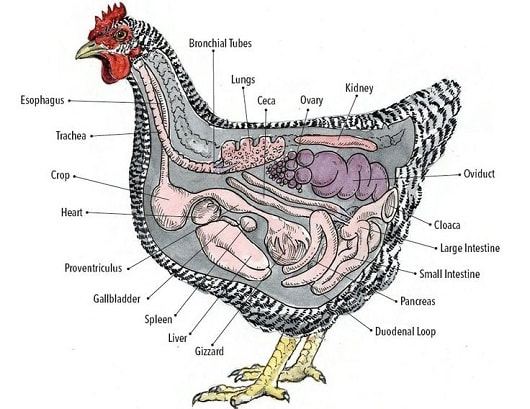
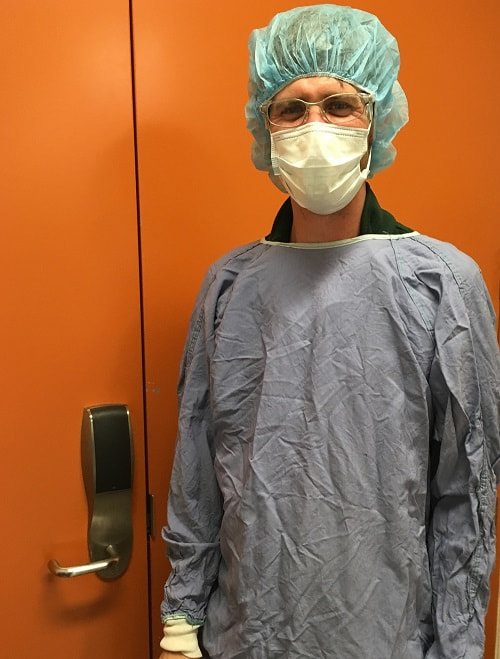
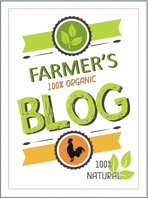
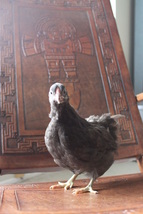
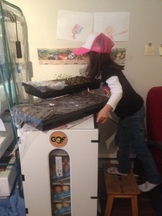
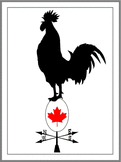
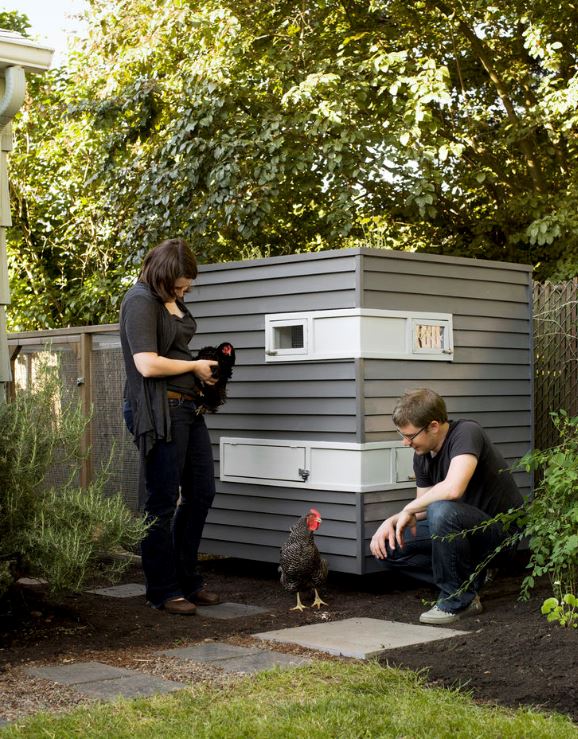


 RSS Feed
RSS Feed